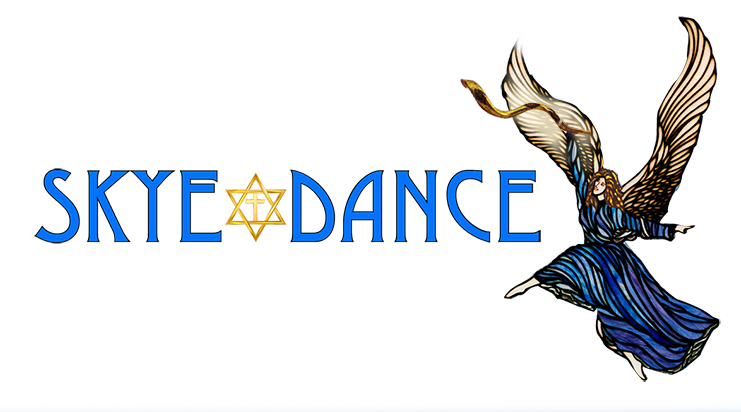Written by a Local Perth Hebrew teacher: 167. Halleluyah הללויה
“Many of the psalms begin with halleluyah. The English translations have ‘hallelujah’ but Hebrew does not have the letter ‘j’, so the pronunciation is with a ‘y’.
Psalms 146 right through to 150 all begin and end with halleluyah.
So what does this word mean? Well the word ends with Yah יה, and of course ‘Yah’ is short for ‘Yahweh יהוה’. That leaves ‘hallel’.
Hallel הלל means ‘to praise’. Hallal הלל, which comes from the same root, means ‘to shine’ and ‘be boastful’. With this added information, we now know that to boast in the Lord, means to make Him shine. That is one way we praise our Lord.
I believe that is one of the Christians’ main missions, meaning we are to boast in the Lord and make Him shine. Let us all bless the Lord at all times. Let us allow praise of Him to be in our mouths continually. Allow our souls to make their boast in the Lord. May humble ones hear and be glad.
I have been asked if God has a big ego that He desires constant praise. I knew that person well and I knew he had four children he loved dearly and would have given his life for. So, I asked him if when his kids gave him a hug or told him that they loved him, if it fed his ego, or was he just deserving and worthy of that love. He went quiet.
God is worthy of our love and praise. He gave His life for us willingly. Yahweh יהוה inhabits the praises of His people. Note that the consonants of Yahweh יהוה are found in hallelujah הללויה so His name is actually found in praise or halleluyah. How amazing is that?”
